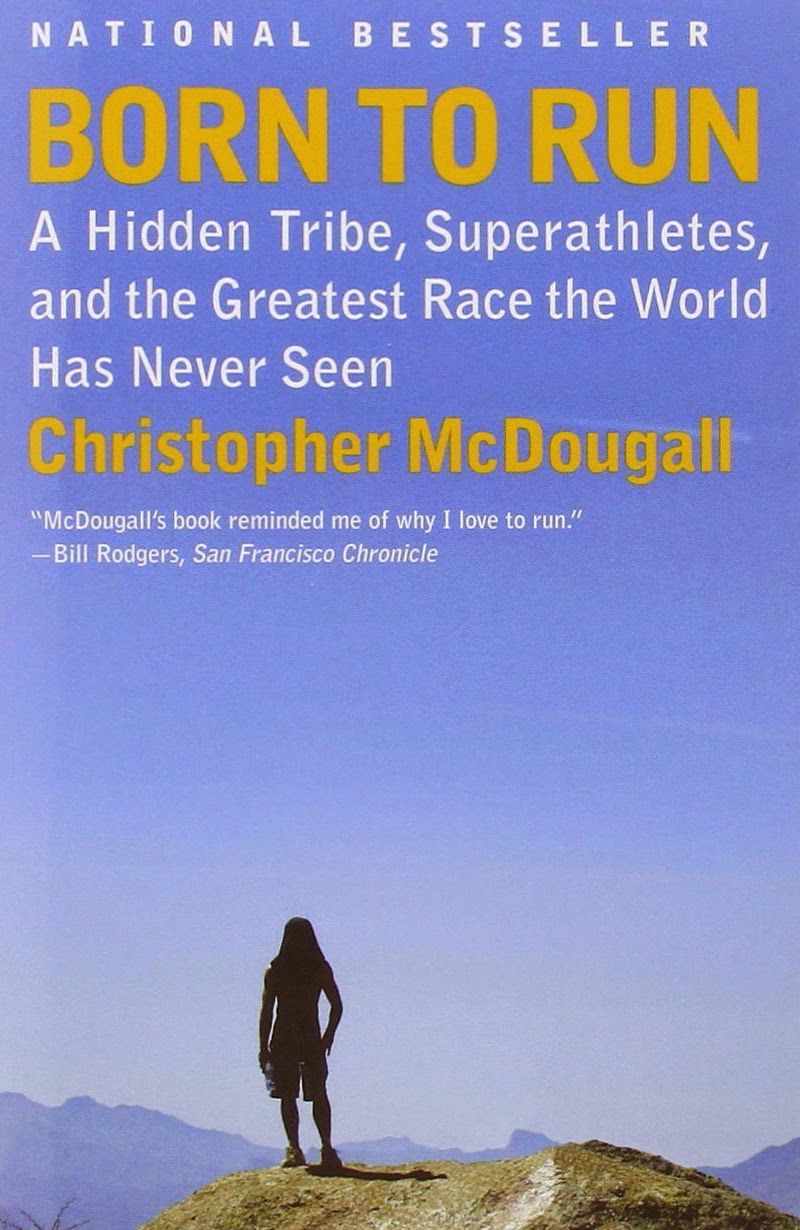According to the Coach, this week in Freeletics was all about taking my training outside. Fortunately for me though, I'm no stranger to braving the elements since I run outside every day, but getting rained on while performing pulls ups on a tree branch and doing burpee frogs down a gravel driveway was a completely new type of challenge for me, one that I really found myself enjoying. I love being outdoors and since my job confines me to a classroom for most of the day, it takes more than a little bad weather to keep me from getting my fix of fresh air. It actually rained nearly every day this week, and while it may have slowed me down a bit, it certainly didn't stop me.
For the first few weeks of the program, the sessions had been just a bit too easy, but now it seems as though the difficulty is much closer to what I'd like it to be. The sprints that started off the week had me running faster than I usually do, and it was nice to find that my foot which had been injured for the past few weeks didn't cause me any trouble at higher speeds. On top of the sprints, this week introduced me to Kentauros, a brutal workout in which I felt totally wiped after only having to do half of it, and it reintroduced me to Dione, an old nemesis of mine since I have a history of struggling with the straight leg levers. All of this amounted to what I would call a comfortably challenging week and I'm proud of what I accomplished, even if I didn't set as many PB's as I have in previous weeks.
For the first few weeks of the program, the sessions had been just a bit too easy, but now it seems as though the difficulty is much closer to what I'd like it to be. The sprints that started off the week had me running faster than I usually do, and it was nice to find that my foot which had been injured for the past few weeks didn't cause me any trouble at higher speeds. On top of the sprints, this week introduced me to Kentauros, a brutal workout in which I felt totally wiped after only having to do half of it, and it reintroduced me to Dione, an old nemesis of mine since I have a history of struggling with the straight leg levers. All of this amounted to what I would call a comfortably challenging week and I'm proud of what I accomplished, even if I didn't set as many PB's as I have in previous weeks.
Session 1: 200m (0:47) (PB) | 200m (0:44) (PB) | 400m (1:41) (PB) | 400m (1:35) (PB) | Poseidon [3/4] (5:44) (PB)
Session 2: Kentauros [3/6] (16:15) (*) (PB) | 50 Sit Ups (1:40) (*)
Session 3: Dione (35:21)
Session 4: Ares (10:01) (*) (PB) | 50 Sit Ups (1:40) (*) | 50 Squats (0:41) (*)
Session 5: 50 Push Ups (2:09) (*) | 50 Sit Ups (1:47) (*) | 50 Squats (0:41) (*)
Session 5: 50 Push Ups (2:09) (*) | 50 Sit Ups (1:47) (*) | 50 Squats (0:41) (*)
* blue text denotes additional workouts unassigned by the Coach



